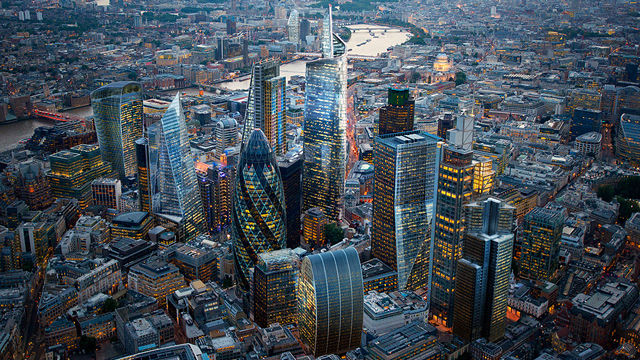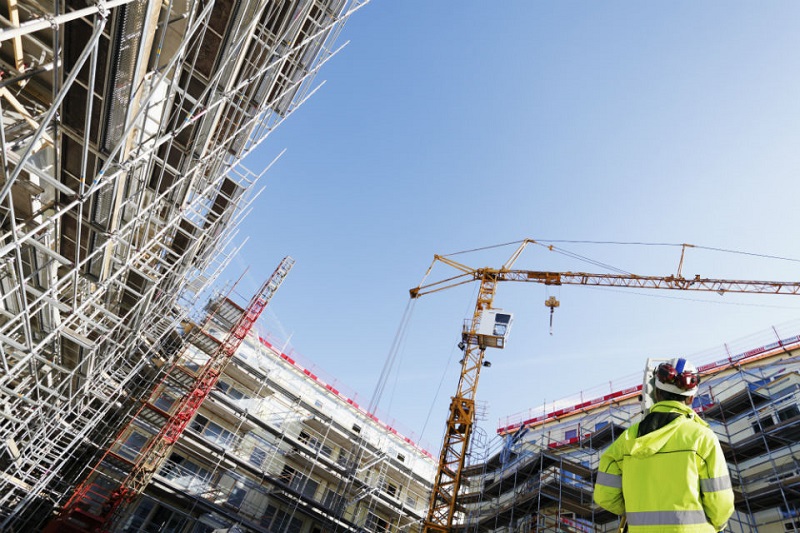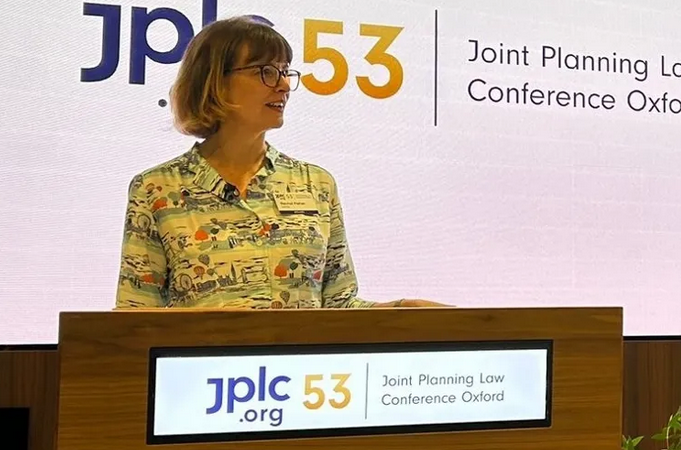The UK’s transition to a resilient, low-carbon economy is in danger of being derailed by a lack of Government action on climate change, the Committee on Climate Change says.
That inaction is making it difficult for businesses to grasp the opportunities of the transition.
CCC Chairman Lord Deben said the impact of climate change on our lives and those of our children is clearer than ever. The UK has shown global leadership on climate change, but progress will stall at home without urgent further action.
"New plans, for a new Parliament, are needed as a matter of urgency to meet our legal commitments, grasp the opportunities offered by the global low-carbon transition, and protect people, businesses and the environment from the impacts of a changing climate,” he added.

Julie Hirigoyen, Chief Executive at UK-GBC said: “The CCC’s report highlights the importance of action from Government in tackling emissions and allowing businesses to grasp the opportunities of a low carbon economy. Government must maintain the UK’s position as a leader on tackling climate change by closing the current policy gap.
“With emissions from the UK’s building stock rising, we urgently need effective policies and a clear long-term strategy in place to reignite investment in low carbon buildings. Energy efficiency must sit at the heart of the Emissions Reduction Plan, the National Infrastructure Assessment and the Industrial Strategy to fully realise its potential to drive jobs, growth and productivity.
“At the same time, progress needs to be made in making our towns and cities more resilient to the inevitable effects of climate change. The threats posed by issues such as flooding and overheating are increasing. This needs to be addressed with robust regulations which drive innovation in areas including sustainable drainage and smart design.
"Only by tackling mitigation and adaptation together, can we hope to deliver a resilient built environment that’s fit for the future.”
Good progress has been made to date but continued progress depends on significant new measures. Greenhouse gas emissions are about 42% lower than in 1990, around half way to the 2050 commitment to reduce emissions by at least 80% on 1990 levels.
As emissions have fallen since 1990, GDP has increased by more than 65% over the same period and total household energy bills have fallen compared to 2008 when the Climate Change Act was passed.
Action has also been taken to address the risks from climate change. There have been important steps to fund and improve river and coastal flood defences and to improve the resilience of energy, transport and water infrastructure to severe weather.
However, progress is stalling. Since 2012, emissions reductions have been largely confined to the power sector, whilst emissions from transport and the UK’s building stock are rising. The overall state of our natural environment is worsening, reducing its resilience to climate change. Recent storms show that national infrastructure remains vulnerable to severe weather. Ten years after the 2007 floods important lessons remain, and the risks of surface water flooding in our towns and cities have still not been tackled.
Effective new strategies and new policies are urgently needed to ensure emissions continue to fall in line with the commitments agreed by Parliament (by at least 50% by 2025 and 57% by 2030 on 1990 levels), and that key risks to homes, businesses, and the natural environment are addressed.
The findings are part of the Committee’s statutory 2017 Report to Parliament. The report sets out the CCC’s latest independent assessment of UK action to reduce greenhouse gas emissions and to prepare for the impacts of climate change.
In particular, the CCC recommends that the Government:
- Urgently delivers a plan to continue reducing emissions across the economy. It is no longer justified or wise to delay the publication of the emissions reduction plan required by law. The plan must address the gap between Parliament’s agreed targets and the impact of existing policies, including: plans to bring forward additional low-carbon electricity generation through the 2020s; accelerate the uptake of electric vehicles; provide a path for the uptake of low-carbon heat and set out a strategy for deploying carbon capture and storage technology.
- Strengthens the UK’s National Adaptation Programme (NAP) in the first half of 2018. The new programme, which drives action to prepare for climate change impacts, must address priority areas: flood risks to homes and businesses, risks to the natural environment, including to soils and biodiversity, and risks to human health and wellbeing from higher temperatures. The next NAP must be more ambitious, with policies that make a measurable difference and with clearer mechanisms to track progress.
International events will also influence UK actions. New climate change plans need to consider the risks and opportunities that may arise from the decision to leave the EU. Despite the announcement from the Federal Government of the United States that it intends to withdraw from the Paris Agreement, subsequent statements from the UK, China, India, the EU, several US states and cities and many others make it clear that the global transition to a low-carbon economy will continue.




















